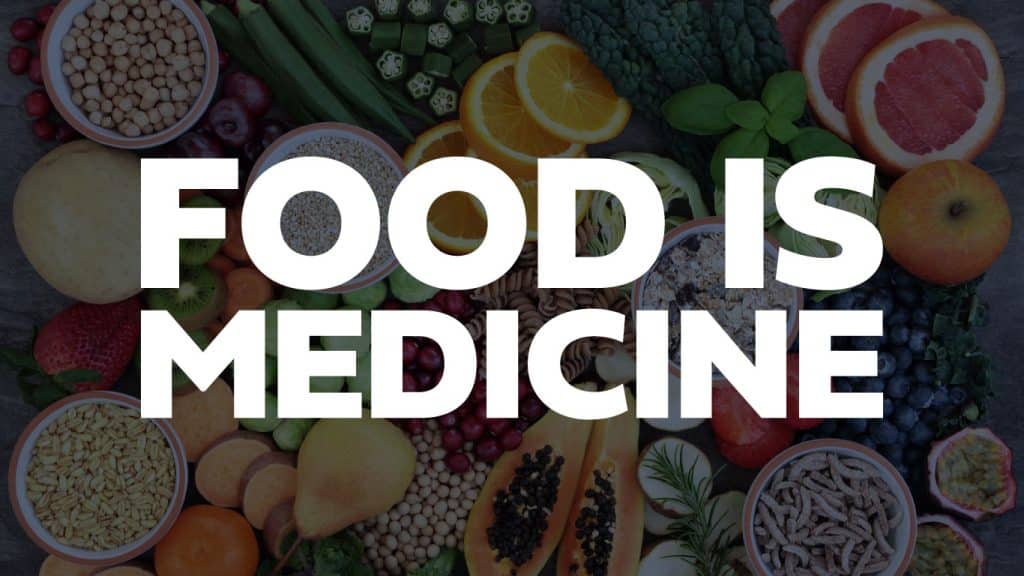In the landscape of healthcare, where complex systems often overshadow simple solutions, the role of food is emerging as a vital cornerstone in reimagining healthcare. It’s a narrative gaining traction, gradually shifting paradigms and opening new avenues for healthier futures.
Yet, within this gap lies an opportunity – an opportunity to recognize the transformative power of food. This isn’t merely about diets or trends; it’s about fundamentally reshaping how we approach health and wellness.
Food isn’t just sustenance; it’s medicine. The concept of “food as medicine” isn’t new, but its integration into mainstream healthcare is gaining momentum. It’s a realization born out of necessity and insight. As we delve deeper into the root causes of health disparities, we uncover a glaring truth: food insecurity is intricately linked to a myriad of health issues, from diabetes to heart disease.
The journey to this realization isn’t linear. It’s marked by diverse experiences and unexpected intersections. Food insecurity isn’t just an income issue; it’s a systemic challenge with far-reaching implications. It encompasses food deserts, nutritional education, access to resources, and cultural factors. To address it effectively, we must confront its multifaceted nature and adopt holistic approaches.
At the heart of this transformation lies the need for collaboration. Bridging the gap between healthcare organizations, health plans, social impact companies, and community-based initiatives is imperative. It’s about aligning goals, sharing data, and maximizing resources to create meaningful impact. The goal remains the same: to ensure that every individual has access to nutritious food.
But the journey doesn’t end with access; it extends to education and empowerment. It’s about equipping individuals with the knowledge and skills to make informed choices about their diet and lifestyle. From cooking classes, recipes, to nutritional coaching, there’s a growing emphasis on holistic wellness that transcends traditional medical interventions.
Amidst the challenges lies a glimmer of hope. The landscape is evolving, propelled by innovation and a shared commitment to change. Initiatives like the Healthy Opportunities pilot in North Carolina and the CalAIM program are paving the way for systemic transformation. By integrating social determinants of health into the fabric of healthcare, we’re laying the groundwork for a healthier future.
So, what’s the magic wand that will accelerate this transformation? It’s a combination of factors: provider education, policy reform, technological innovation, and above all, a shift in mindset. It’s about recognizing that food isn’t just a commodity; it’s a catalyst for change.
As we look to the future, let’s embrace the potential of food to heal, nourish, and transform lives. Let’s reimagine healthcare as a holistic ecosystem where food is not just the missing link, but the cornerstone of a healthier, more equitable society.




